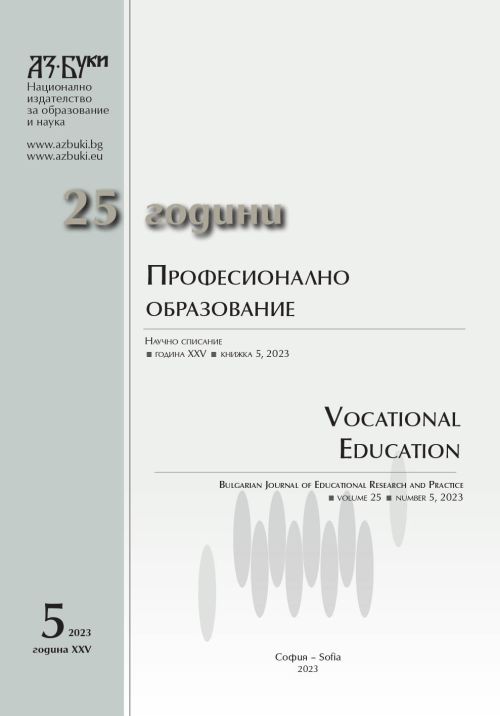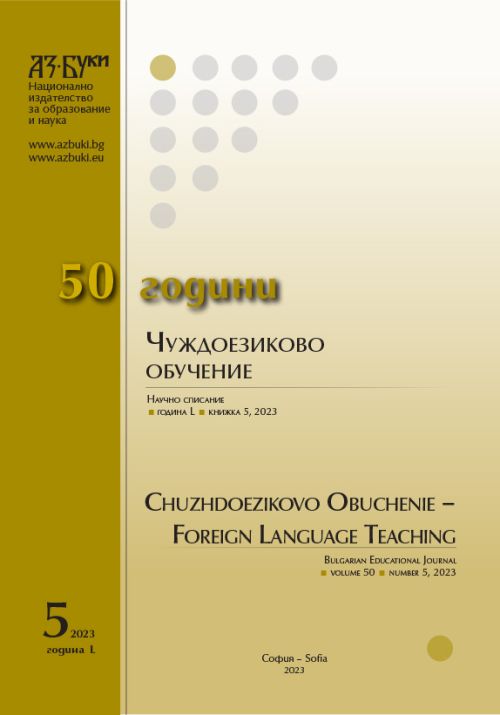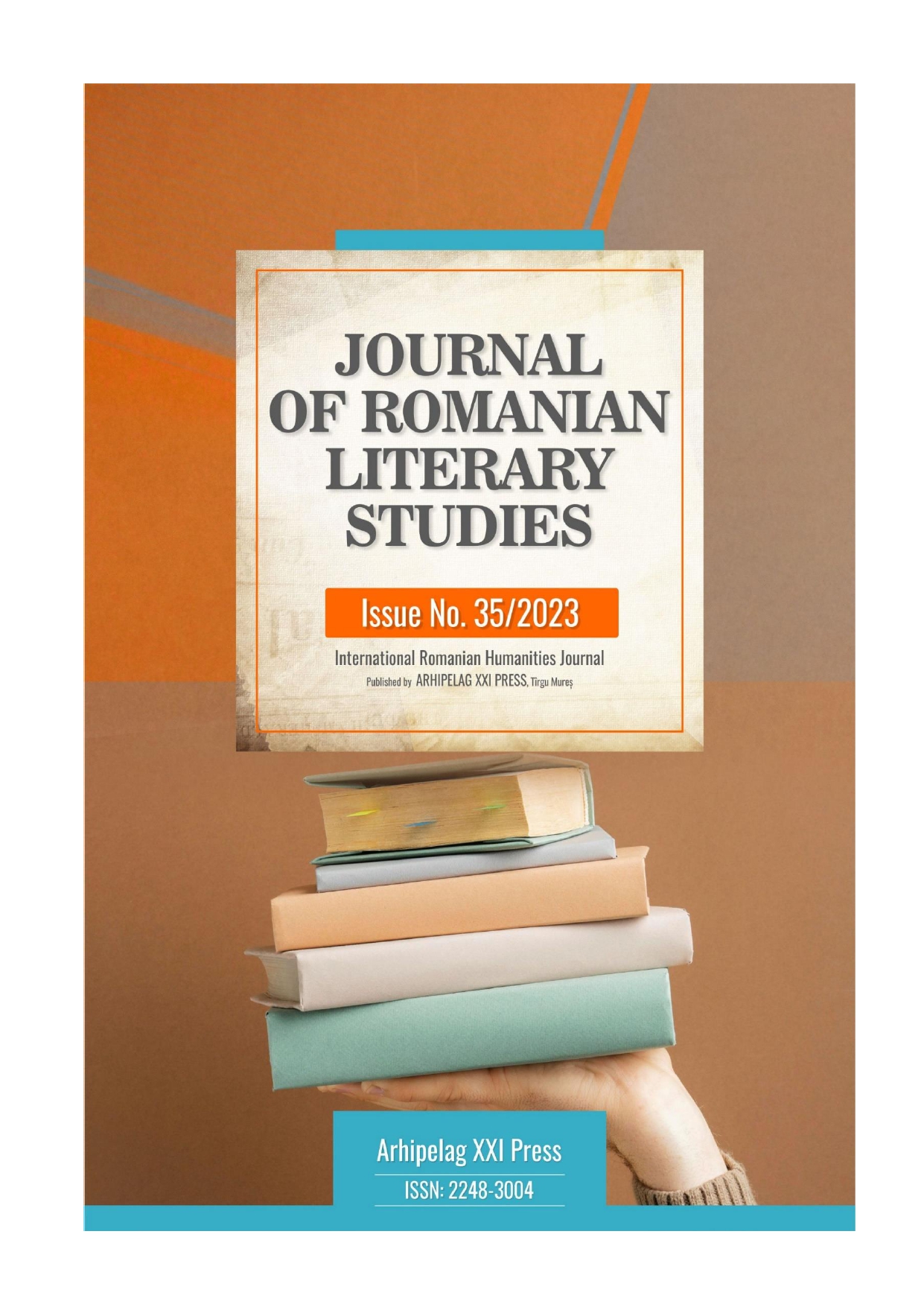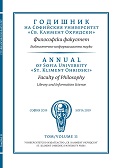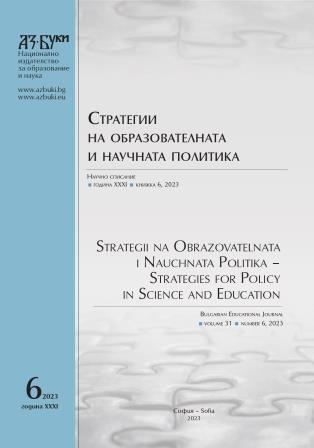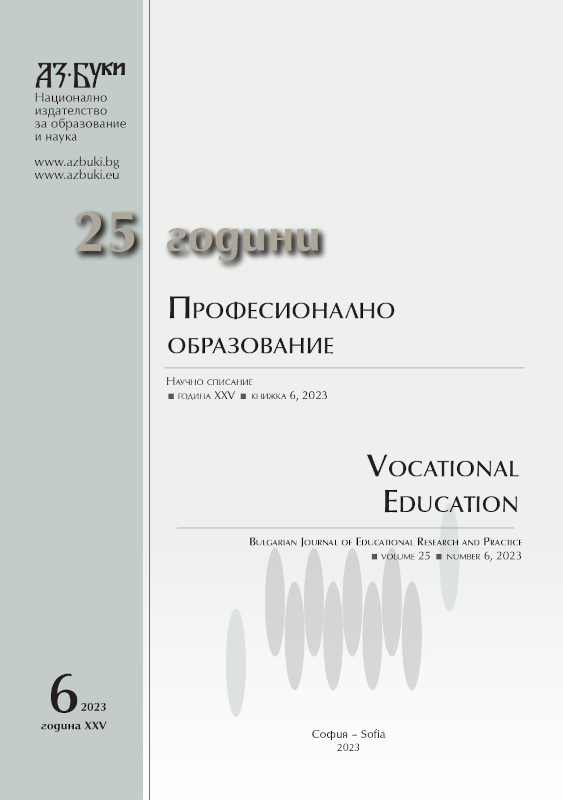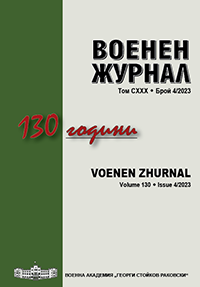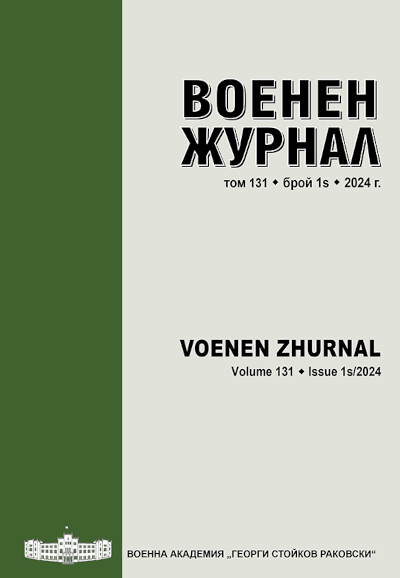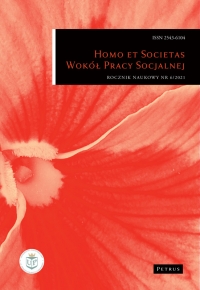
Sytuacja pandemii a dostęp do edukacji ucznia ze spektrum autyzmu
The time of the pandemic is an unknown reality that we all have to face. Remote education does not only affect the state of our knowledge. School is a place where peers meet every day to build their social relationships. For most students, education is primarily the lack of systematic learning, which results in school backlogs. Lack of direct relationships with peers and teachers is associated with a decrease in self-worth. For children on the autism spectrum, both the daily routine and the predictability of what will happen play an important and important issue in their development, education and proper functioning in society. Throwing out of the established rhythm of life evokes fear, frustration, and disturbs the sense of security. Classes conducted through a computer screen are a big challenge for a parent who has to become a teacher overnight, working with his child at home on the basis of the lesson material provided.
More...
